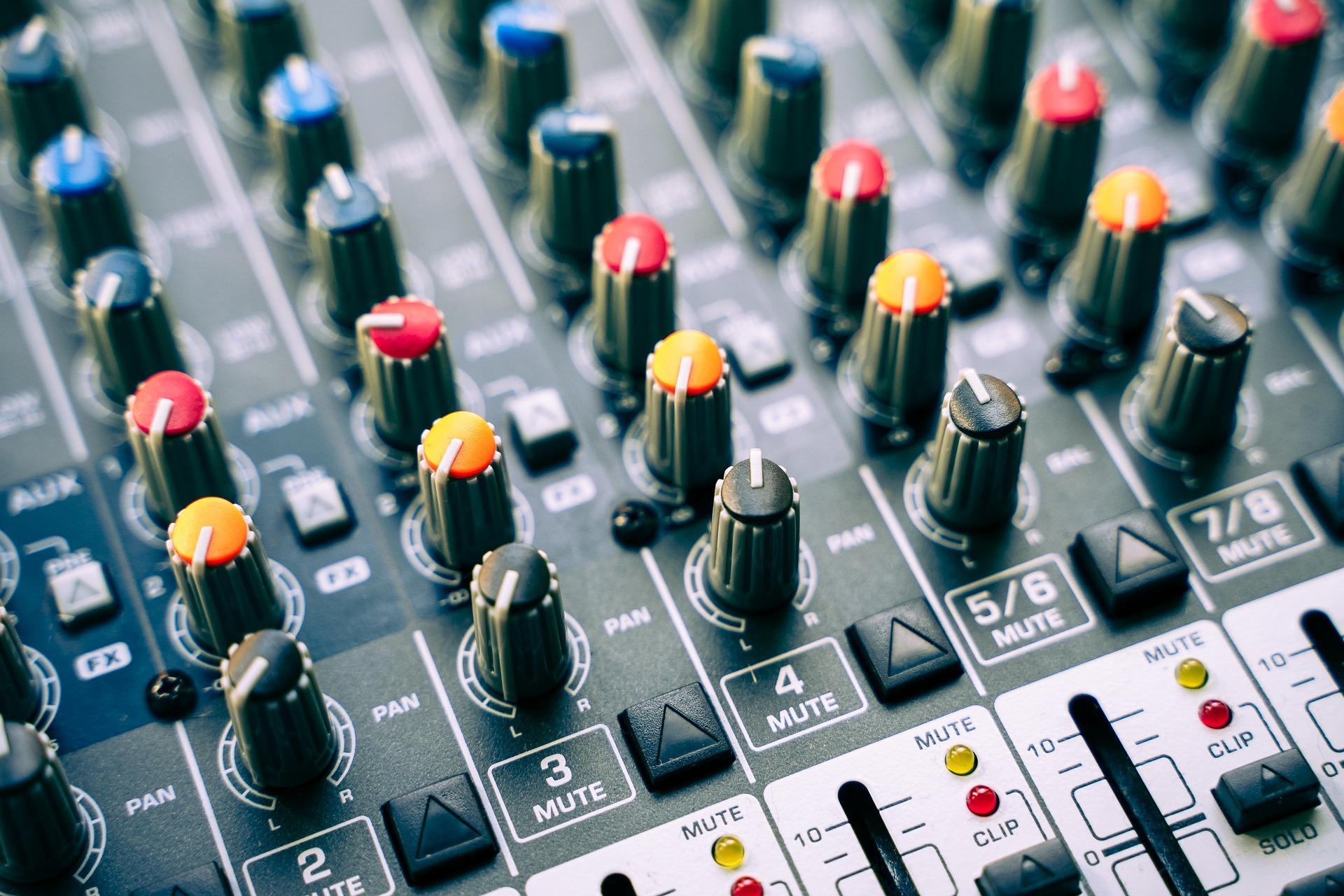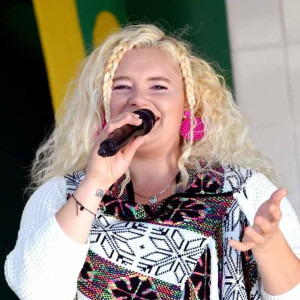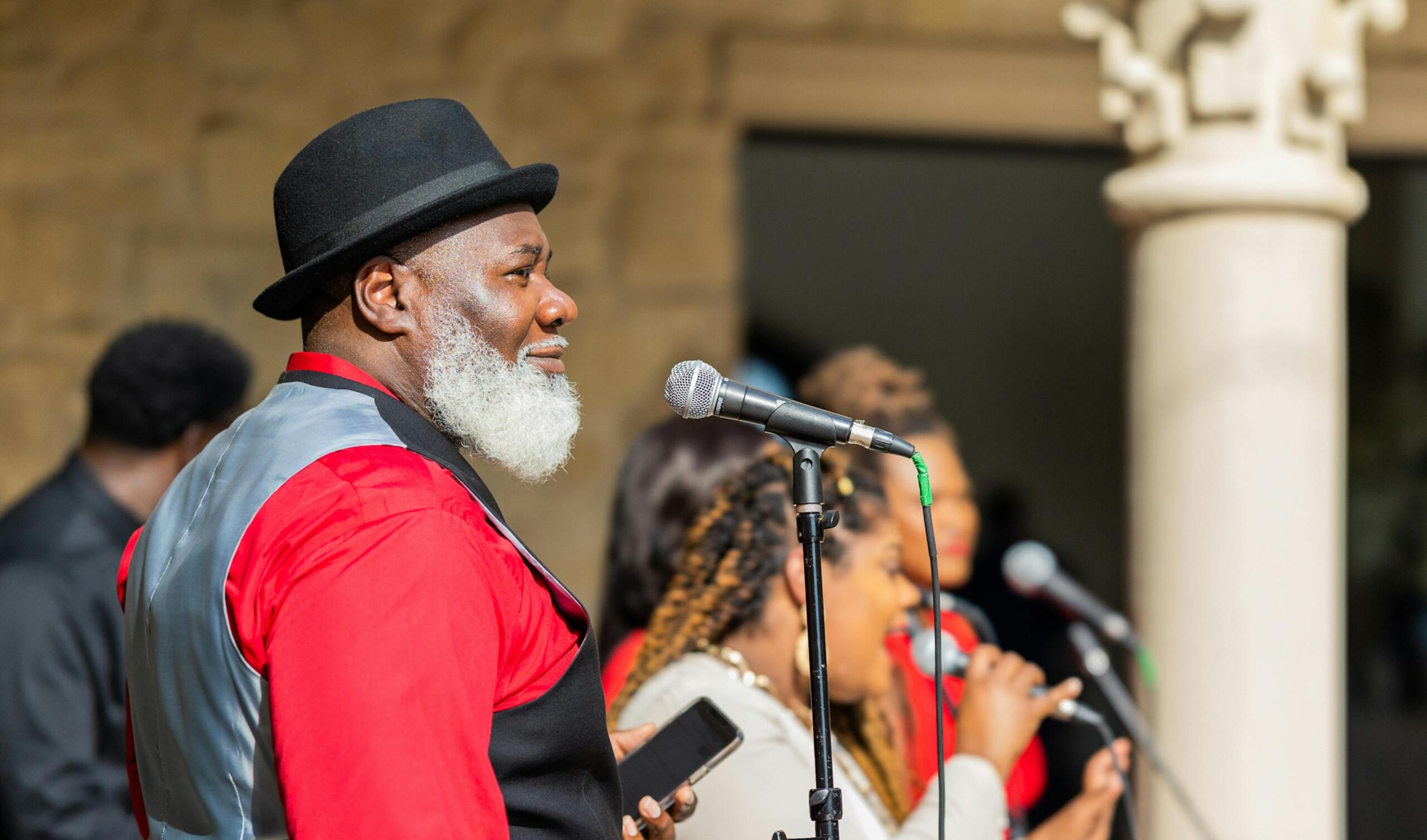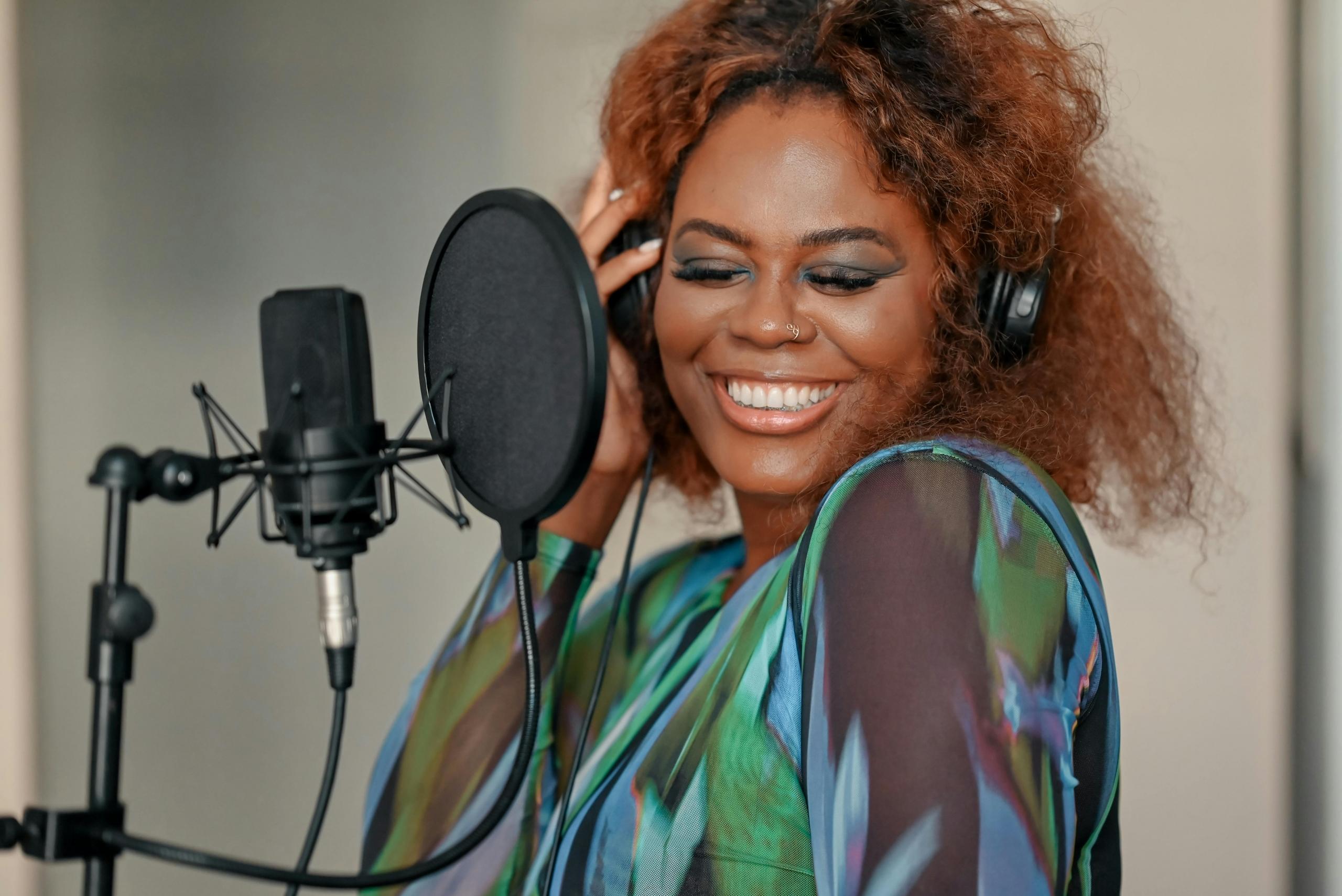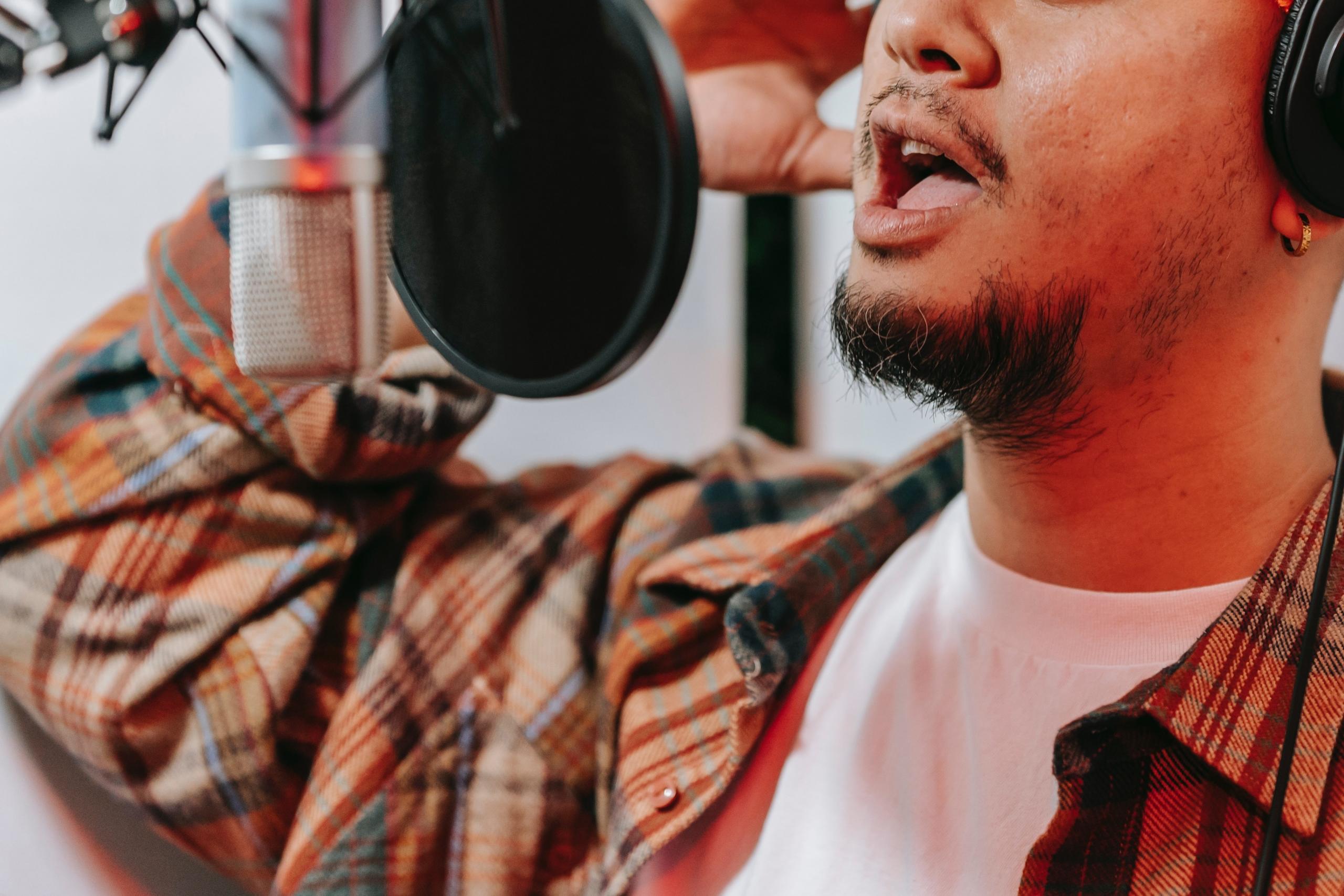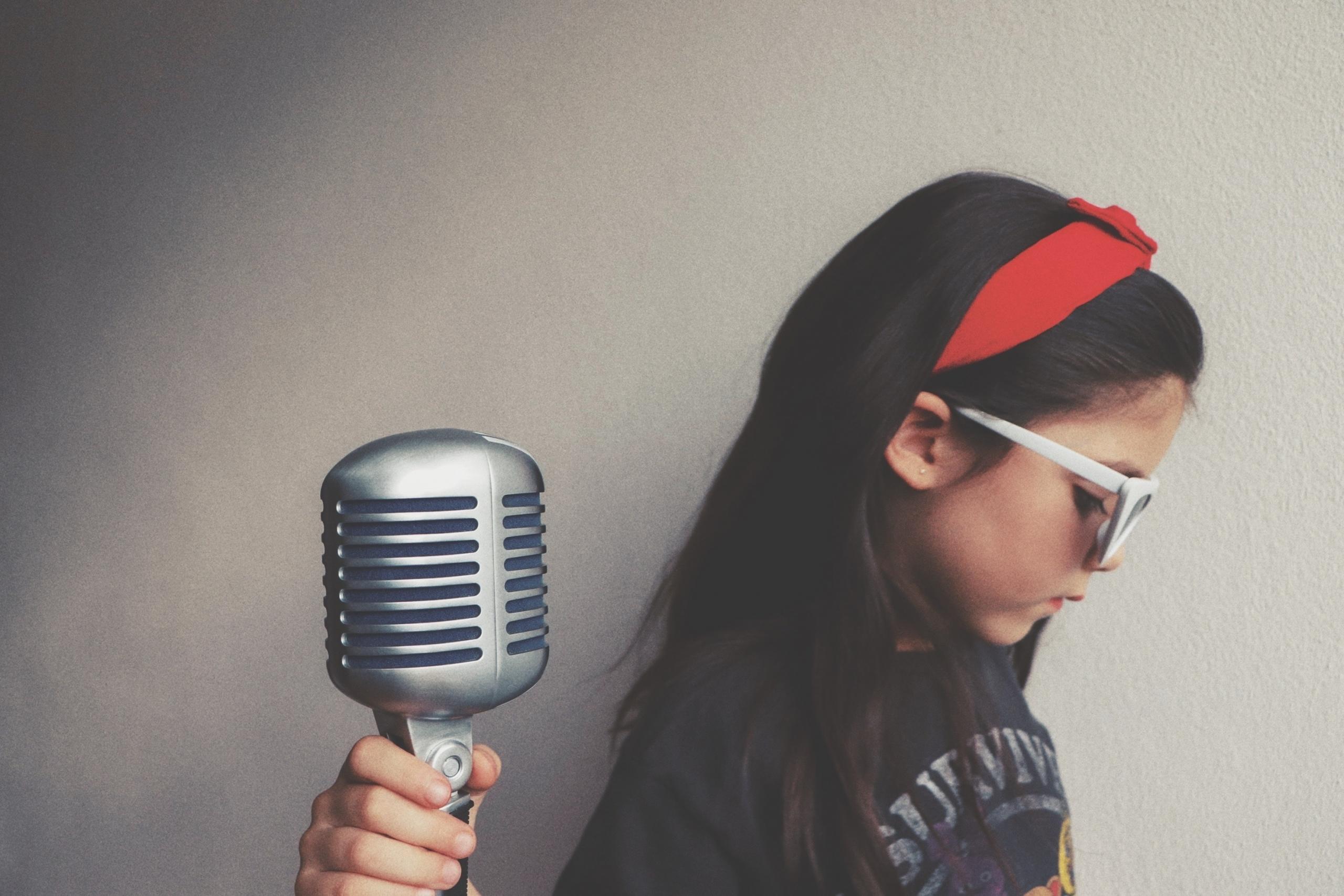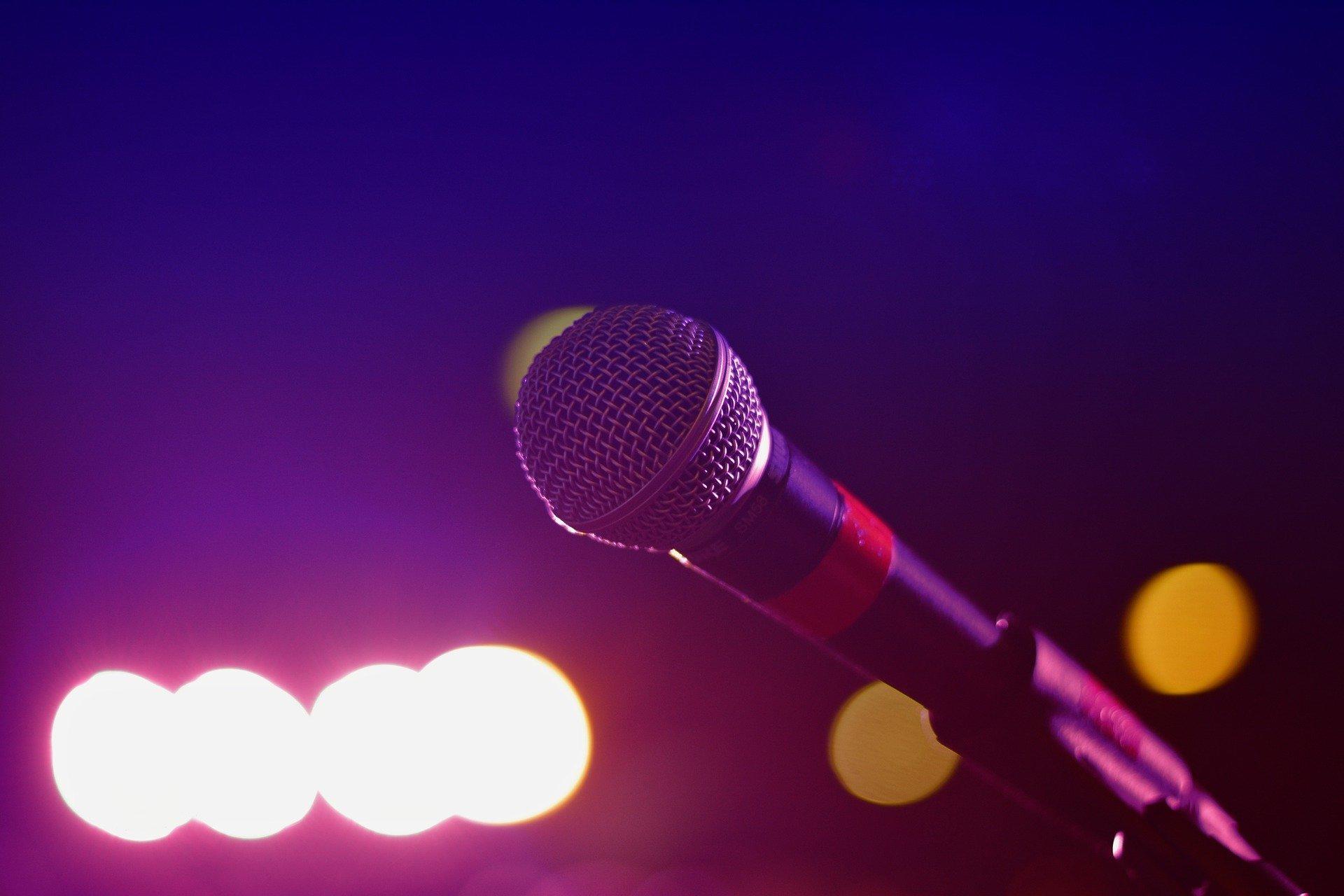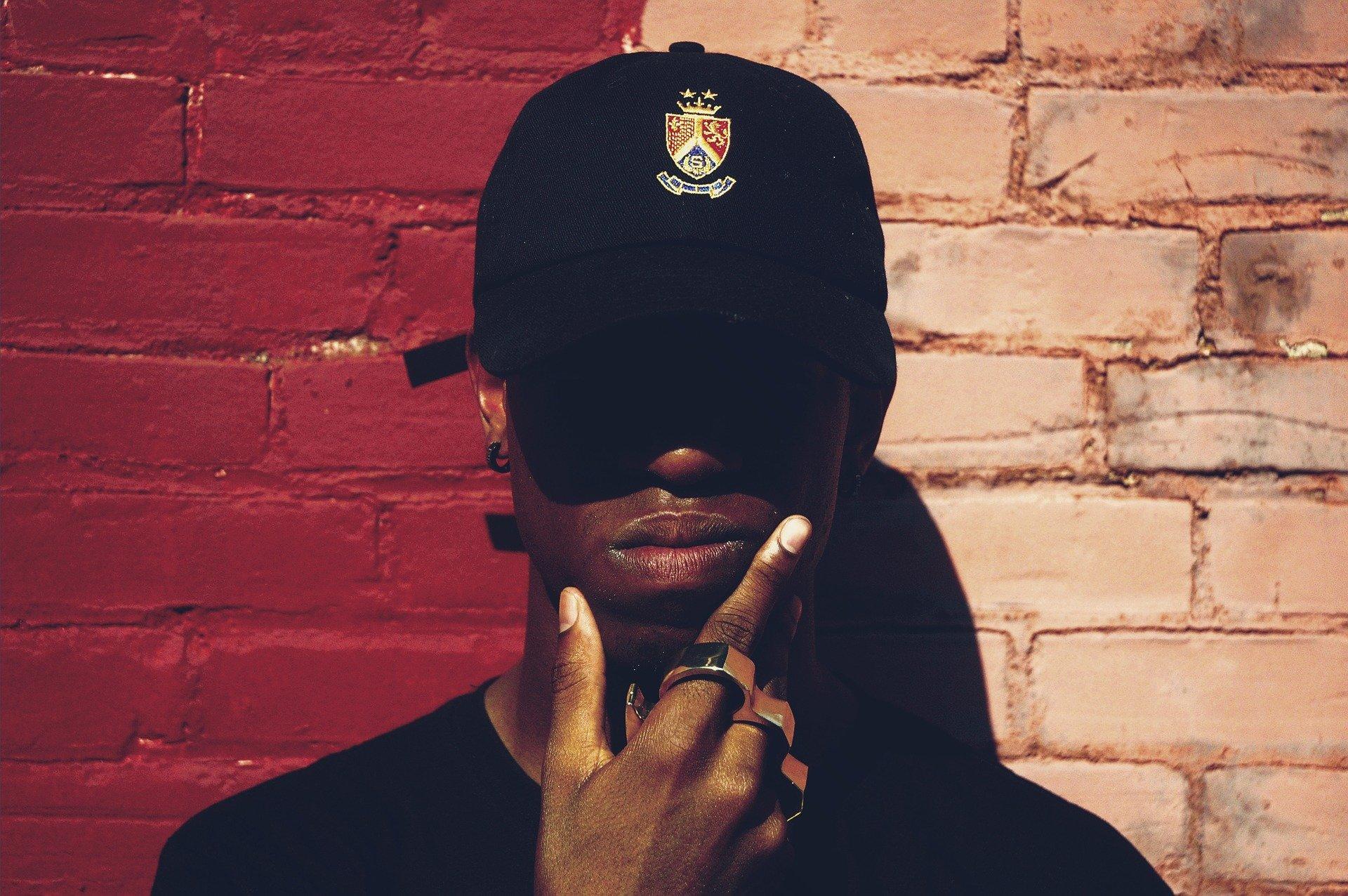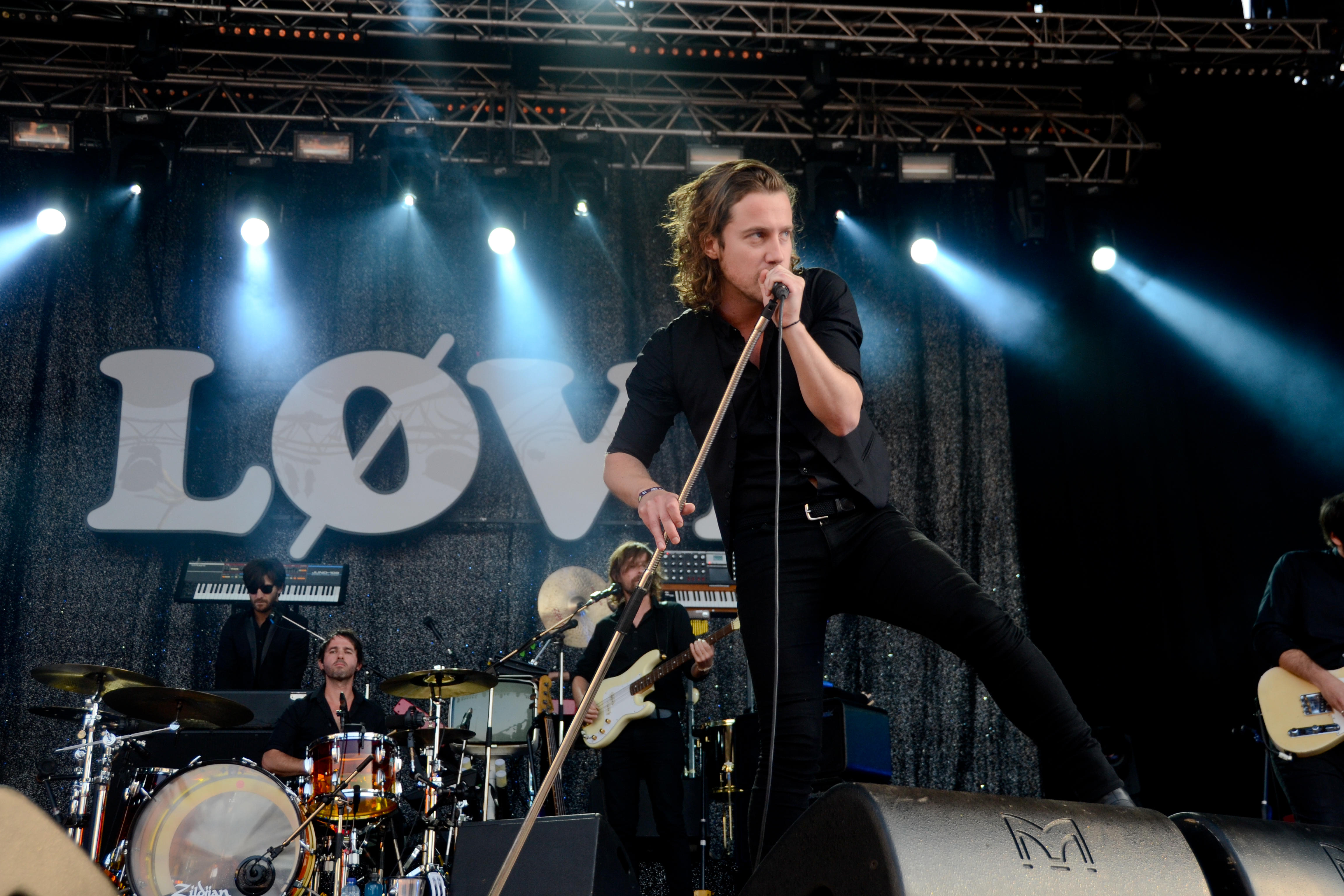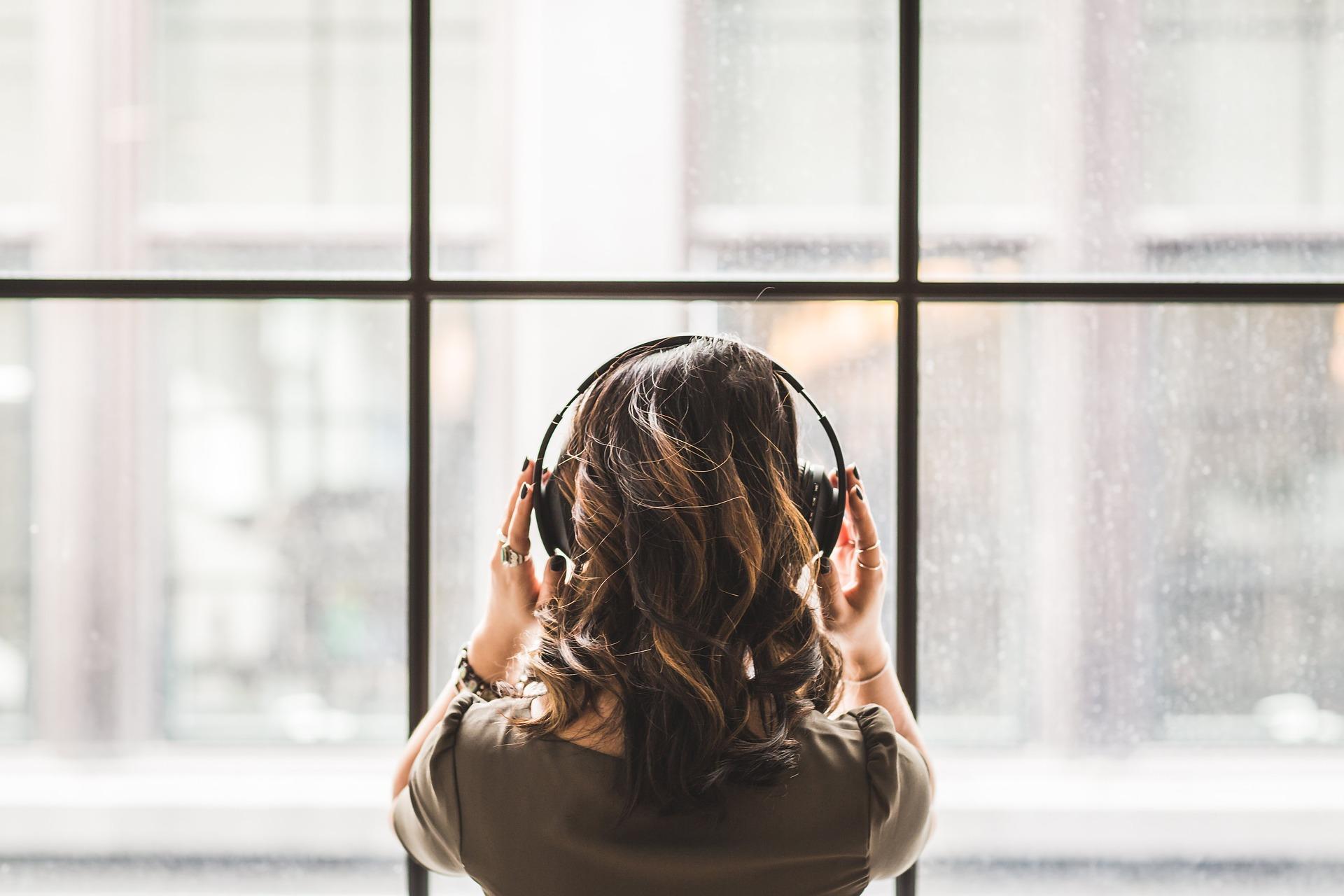Singing is a way of escaping. It's another world. I'm no longer on earth. Edith Piaf
From infants in arms, the appeal of singing has the ability to soothe and entertain, and this fascination with the voice as an instrument continues for our whole lives. From singing accompanied by other instruments to choirs and the mesmerising sound of an acapella soloist, the next step for most serious singers is how to record your own singing!
Of course, steps to consider along the way before you decide how to record your singing should include vocal exercises, steps to preserving your vocal health and training from expert singing instructors.
Regardless of how you choose to approach your singing career, microphones for singing and recording are likely to become an essential tool and investment for your musical journey. When it comes to how to record your own singing, the self-recording approach for most is the simplest option. Through the establishment of a home studio, you can set up your own practice sessions and recordings at your own convenience and without even leaving the house!
So, if you have asked: where can I record my music, then this simple guide to setting up a home studio will not only show you how to record your voice but will also offer advice for microphones for singing and recording too.

The Best Microphones for Singing and Recording
Every vocalist knows: the microphone is paramount! When it comes to how to record your own singing, there is no doubt that it is the microphone that largely determines the quality of your recordings and its overall sound.
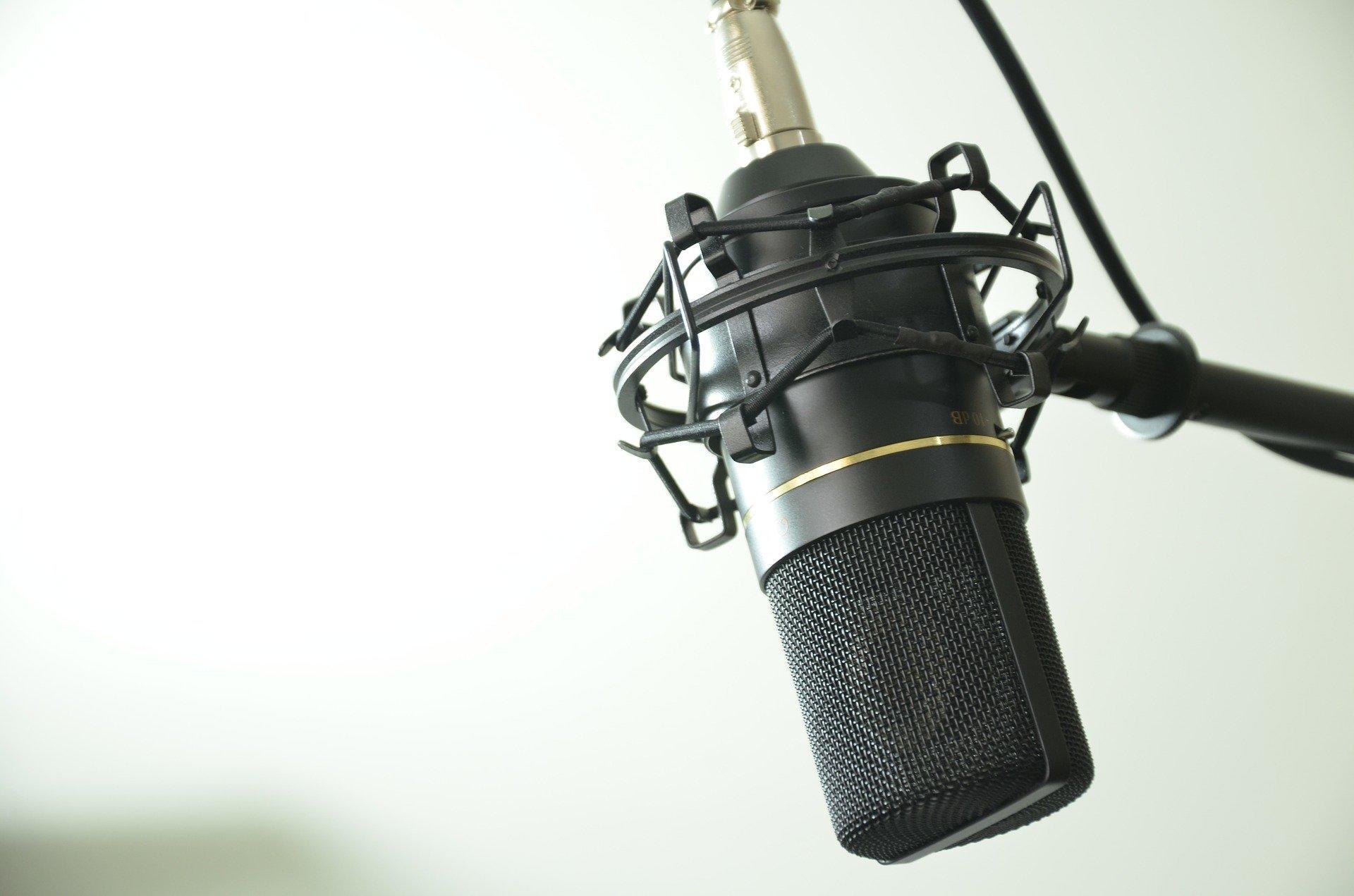
Like any audio equipment, microphones come in various categories, all of which suit different needs and budgets. Here's a brief overview of microphones that deliver excellent sound for singing practice:
- Shure SM58: A sturdy, user-friendly microphone favoured by artists like Bjork and U2.
- Rode NT1A: This microphone is both versatile and beginner friendly.
- AAKG D5: Known to be clear, balanced, and powerful.
- MXL 770: Popular among rappers and also offers great value.
- Shure SM7B: Known for its natural sound, and was famously used by Michael Jackson.
- Sennheiser MD421: Dynamic with good resistance to feedback.
- AKG C214: Well-suited for vocalists.
- Rode NTK: All-purpose at a reasonable price.
- Neumann TLM 102: Dynamic with excellent cardioid directivity.
These microphones excel in capturing vocals and are ideal for recording purposes. However, improving singing skills still requires dedication, technique and hours of practising the correct techniques. So while good microphones for singing and recording can enhance quality, remember that personal effort is still key.
Explore the best online singing lessons on Superprof to further hone your skills.
How to Record Your Singing with Sound Cards
Choosing a sound card is a critical decision when it comes to how to record your voice as it significantly impacts the quality of the final product.
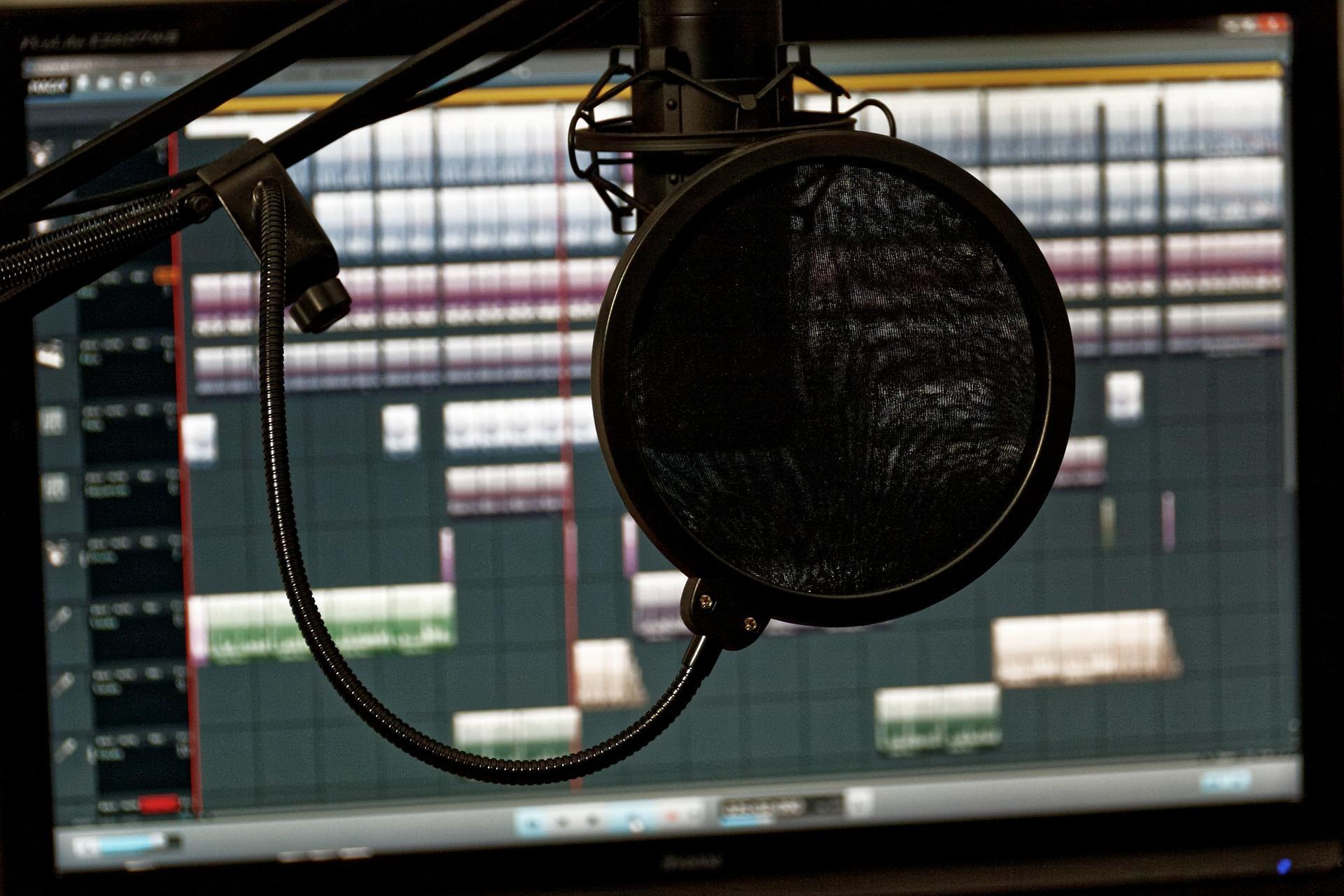
External sound cards offer the flexibility to manipulate audio at input or output stages, while managing the analogue signal (such as your voice) and then converting it into a digital format. So, if you’re asking where can I record my music, when it comes to how to record your voice at home, this method is ideal.
How to record your voice using external sound cards offers two main options:
- USB or USB 3.0 for compatibility with PC or Mac.
- FireWire, offering faster connectivity but less commonly found on computers.
To record vocals, your computer or sound card must have suitable ports and these are typically XLR ports. While one port suffices for solo vocal recordings, multiple ports are necessary for recording instruments and fortunately, most sound cards do provide this.
Essential components include converters like the AD/DA (Analog to Digital/Digital to Analog) converter, pivotal for converting analogue signals (like your voice) into digital format. In addition, an audio interface and recording software (commonly referred to as a digital audio workstation) are essential for creating digital recordings of your voice.
If you are looking at microphones for singing and recording, never forget that high-quality audio is imperative for accurately assessing vocal performance during practice sessions. Some top sound card options include the Behringer UMC22 U-Phoria, Native Instruments Komplete Audio 6, Focusrite Scarlett 2i2 (2nd Generation), Creative Sound Blaster X-Fi HD, Focusrite Scarlett 2i2, PreSonus Audio iTwo, and many others.
Ultimately, investing in a quality sound card will ensure optimal listening experiences for evaluating your singing performances.
How to Record Your Voice Using Headphones
For real-time monitoring of your singing and assessment of your vocal technique during recording, reliable headsets or headphones are another essential piece of equipment. While they need not match that of a professional studio, selecting a headset with excellent sound quality, ergonomic design, and comfort is vital.
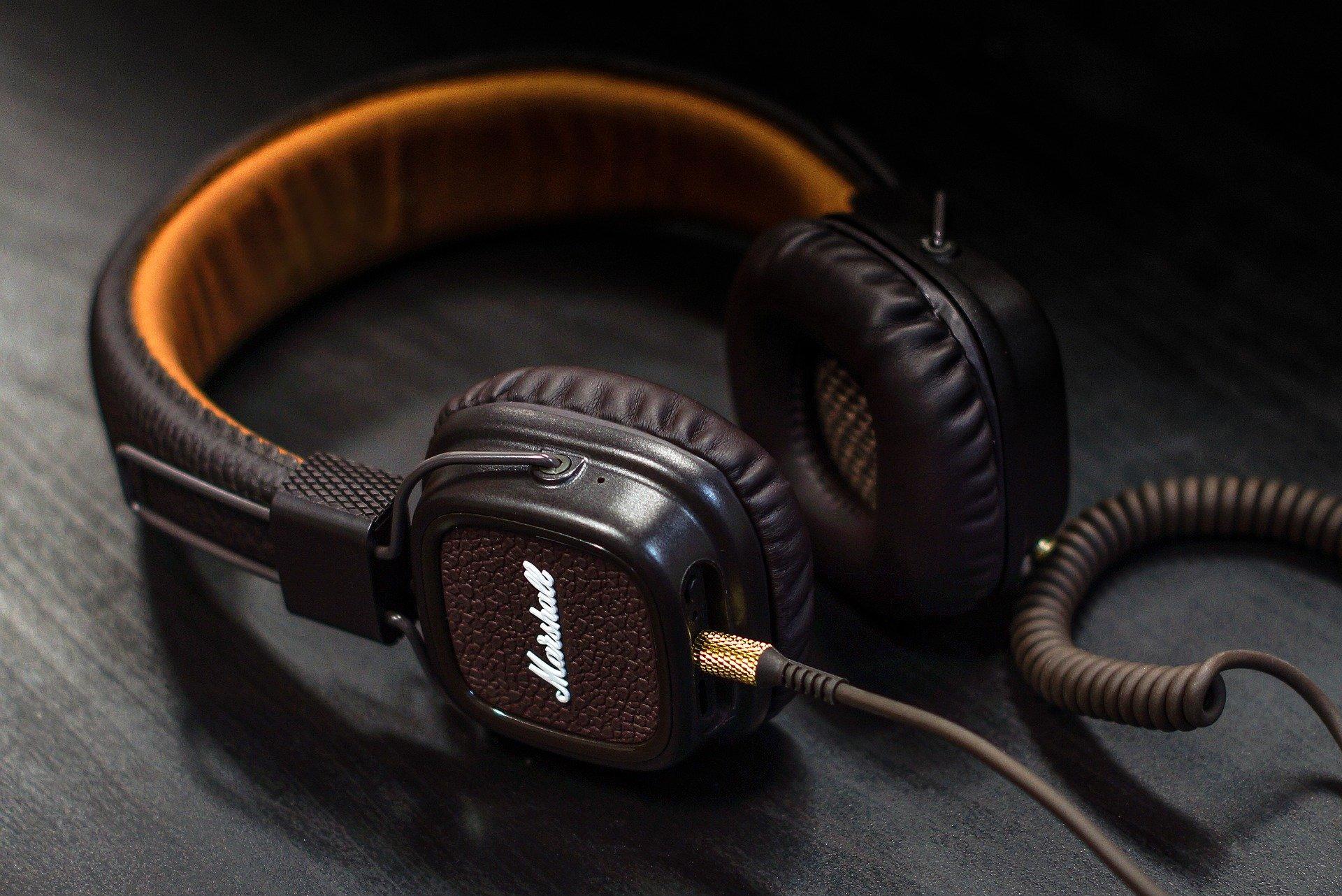
A good set of headphones will allow you to hear your singing. (Source: cegoh)Consider these highly recommended options, all of which can help you to record your voice at its absolute optimum:
- Beats Solo3: Offers optimised acoustics with padded cushions and sturdy build.
- Denon AH-GC30: Provides great value, ideal for singers, and boasts effective noise reduction.
- Sennheiser Momentum: Features a comfortable design and excellent sound quality.
- JBL Everest 710: Foldable and comfortable with an impressive range.
- Nura Nuraphone: Powerful with low distortion and advanced functionality.
- Bose QuietComfort 35 II and QuietComfort 35: Robust with built-in vocal assistant (in the QC 35 II).
- Sony WH-1000XM3 and WH-1000XM2: Quick-charging with long battery life and superior noise reduction.
- Marshall Mid A.N.C: Offers noise reduction, balanced sound, clarity, and control, making it perfect for singing.
Of course, investing in equipment like this comes at a cost. To determine the total expenditure required, consider the prices of these headsets or headphones, which vary based on features and brand reputation.
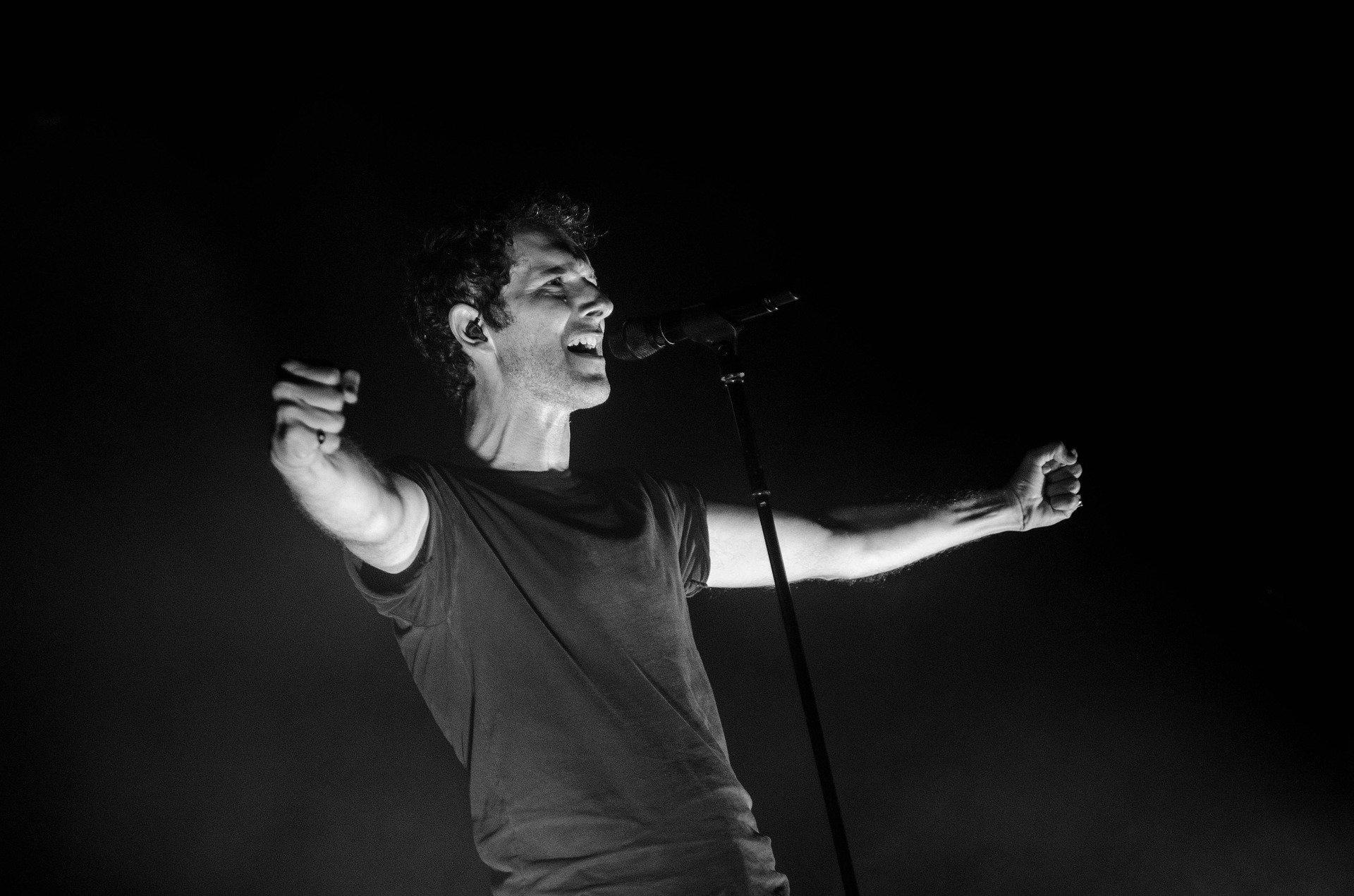
How Much Will It Cost to Record Your Singing?
Improving your singing through self-recording requires financial investment, but it should also be seen as an investment in your craft. Let's break down the costs involved in setting up your recording studio:
- Microphone: A good quality microphone is essential, and it can cost a few hundred rand. Consider your usage frequency to justify the cost.
- Recording Software: While some programmes like Audacity are free, others can be pricey. A recorder like Zoom could cost from R2000, with more outputs leading to higher prices.
- Sound Card: A mid level sound card may set you back up to R8000, but again, prices can vary.
- Accessories: Don't overlook accessory costs, which can add up. For instance, a pop filter may cost around R100, a mic stand around R600, and a good set of headphones between R3000 and up.
As you can see, creating a home studio that is tailored to your needs and adequately equipped enough to do the job, requires careful consideration of what works for you and your budget.
It's about prioritising essential equipment while staying within financial your means too.
Another option is to find a singing tutor who has a home studio that you can use. This way, not only will you get voice training and support, but it will answer your question, where can I record my voice?
An excellent place to begin your search for a singing tutor is on Superprof. Not only will you find a plethora of experts who offer their services at various price points and are aimed at different levels of singing, but you can also be able to reviews left by other students, for your peace of mind.
In addition, choose from the following types of singing tutorials:
- Face-to-Face Tutorials: These one-on-one sessions offer personalised instruction tailored to your needs and learning style. While they tend to be the most costly per hour, remember that every minute is dedicated to your unique progress.
- Online Tutorials: Similar to face-to-face sessions, online tutorials connect you with a tutor via video conferencing software. Here, without the need for travel, tutors can offer more competitive rates while maintaining quality instruction.
- Group Tutorials: A cost-effective per-hour, group tutorials allow you to share the expense with other students. So while personalised attention may be limited, it's an affordable option for those seeking instruction alongside peers.
Ultimately, the choice depends on your preferences, learning style, and budget. Whether you opt for face-to-face, online, or group tutorials, investing in quality instruction to improve your singing and possibly answer your question, where can I record my music, is invaluable to your singing development.
Summarise with AI:

